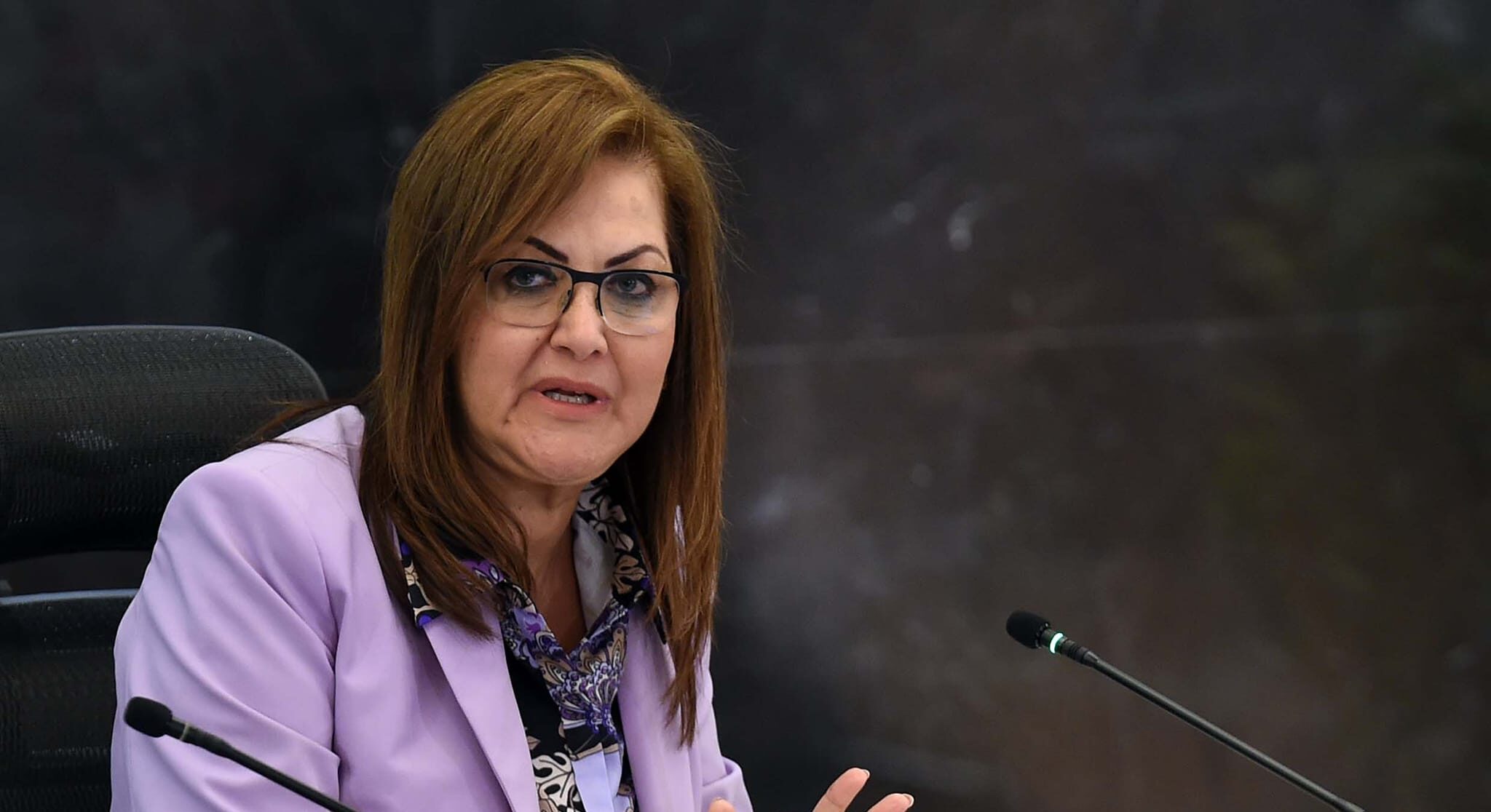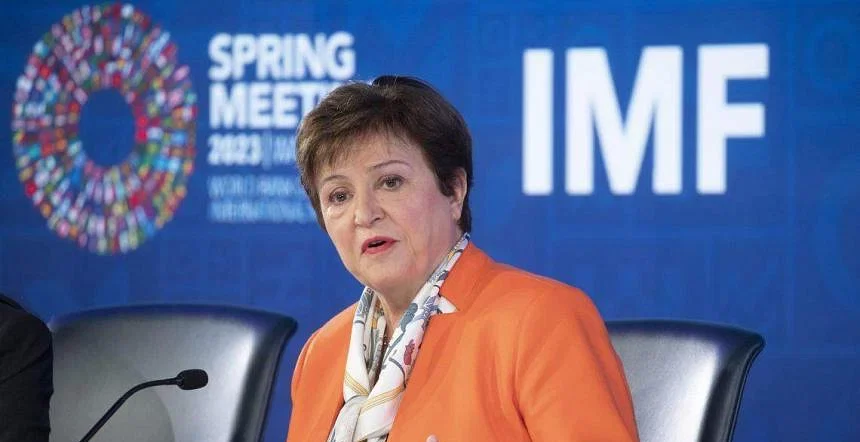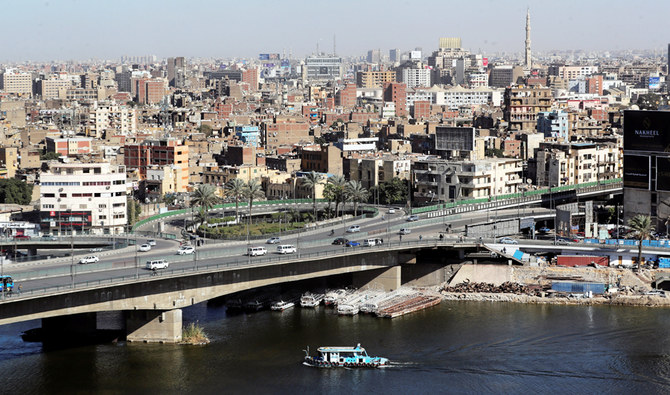After months of anticipation, the Egyptian government has finally provided an update on its progress regarding implementing the initial public offering (IPO) program. This program is a crucial commitment under the challenging loan deal with the International Monetary Fund (IMF). However, experts believe that while the government’s recent actions send positive messages to investors, they will not have a tangible impact on addressing the challenges the local market faces in the short or medium term.

Measuring progress
Hany Abou El-Fotouh, a banking expert and CEO of Alraya Consulting, told Business Monthly that the government’s signing of contracts with the private sector under the IPO program, as well as the announced schedule for the sale of other companies, sends a positive message that Egypt is committed to the program.
During a press briefing in the New Administrative Capital, Prime Minister Mostafa Madbouly revealed that Egypt had secured contracts with the private sector worth $1.9 billion to sell state-owned companies under the IPO program. He also mentioned that 25% of the first phase of the IPO program, which includes 32 state-owned assets offered as investment opportunities, has been completed, with additional deals worth $1 billion to be announced soon.
Furthermore, Minister of Planning and Economic Development Hala El-Said provided details about the progress in selling state-owned assets. El-Said explained that the government had offered a 25%-30% stake in three state-owned companies—Ethydco, Elab, and National Drilling—to the Abu Dhabi Fund for Development in a deal worth $800 million. A 31% stake in Al Ezz Dekheila Steel, the largest steel manufacturing company, has been sold for $241 million. El-Said also mentioned that Talaat Mostafa Holding’s Icon Investments, in partnership with a foreign investor, has increased the capital of the state-owned Egyptian General Company for Tourism and Hotels (EGOTH) by about 37% ($700 million).
“These deals and others in the pipeline have dispelled doubts regarding Egypt’s ability to fulfill its commitments,” according to Abou El-Fotouh.
The planning minister also stated that the National Investment Bank is preparing the privatization process of eight state-owned assets. In addition, non-binding bids have been received for the Gabal El Zeit Wind Farm, with a target value of $300 million. The winning bid will be announced in October. Similarly, six bids have been received for the sale of the military-owned Wataniya company, and the winning bid will be notified by November at the latest.
Abou El-Fotouh emphasized that the government’s plan to address the shortage of US dollars in the country and the recent actions taken to unleash the private sector’s potential in the Egyptian economy have helped restore investors’ confidence in the government’s reform agenda.
The prime minister stated that Egypt aims to collect $191 billion in US dollar reserves by 2026, including commodity exports, tourism, remittances from Egyptian expats, foreign direct investments (FDIs), Suez Canal revenues, and outsourcing services in the ICT sector.
Furthermore, the Egyptian Parliament has approved amendments to the Investment Law, granting the private sector more incentives to boost foreign direct investment. However, Abou El-Fotouh stressed that the government needs to create a more attractive environment for investors, extend tax incentives, and ensure transparency in the divestment process of state-owned assets.
Investor confidence
Osama Ibrahim, Manager of the Capital Markets Department at the Arab International Bank, believes these developments will positively impact investor confidence. He explained that the government’s plan to address the shortage of US dollars and the progress made in the IPO program are expected to stabilize exchange rates and interest rates in the short term (6 months) and reduce the price gap between the parallel market and banks. Ibrahim highlighted that this price discrepancy is one of the main issues investors are concerned about in the Egyptian market.
Ibrahim further emphasized the importance of the government expediting the IPO program and fulfilling its commitments under the $3 billion IMF loan deal to avoid negative impacts on Egypt’s challenging economy.
The IMF is expected to comment on the government’s announced developments during an upcoming press briefing in Washington DC.







